Ensuring your puppy is well-socialized is a fundamental aspect of their early development.
Introducing your new canine companion to a variety of people, environments, and other animals in a constructive manner can pave the way for a well-adjusted and happier adult dog.
Engage in these five key strategies to make puppy socialization an enjoyable and rewarding journey for both of you.
Understanding the Critical Window for Puppy Socialization

Socialization is more than just a part of training; it’s a foundational element that should commence early in your puppy’s life.
Dogs experience a crucial period of imprinting from birth until about 14 weeks old.
In this phase, they are exceptionally receptive to new experiences and learning about their environment.
Utilizing this period effectively by exposing your puppy to diverse situations, people, and animals in a positive context can significantly influence their future temperament and behavior.
Navigating the Perils of Inadequate Socialization
Failing to properly socialize your puppy carries considerable risks.
Inadequately socialized dogs may exhibit fear, aggression, or anxiety towards unfamiliar people, animals, or environments.
These behaviors can manifest as excessive shyness, fearfulness, reactivity, or even aggression in severe cases.
Early and positive socialization experiences are crucial to mitigate these risks and foster a more adaptable and confident adult dog.
Safeguarding Your Puppy’s Health During Socialization
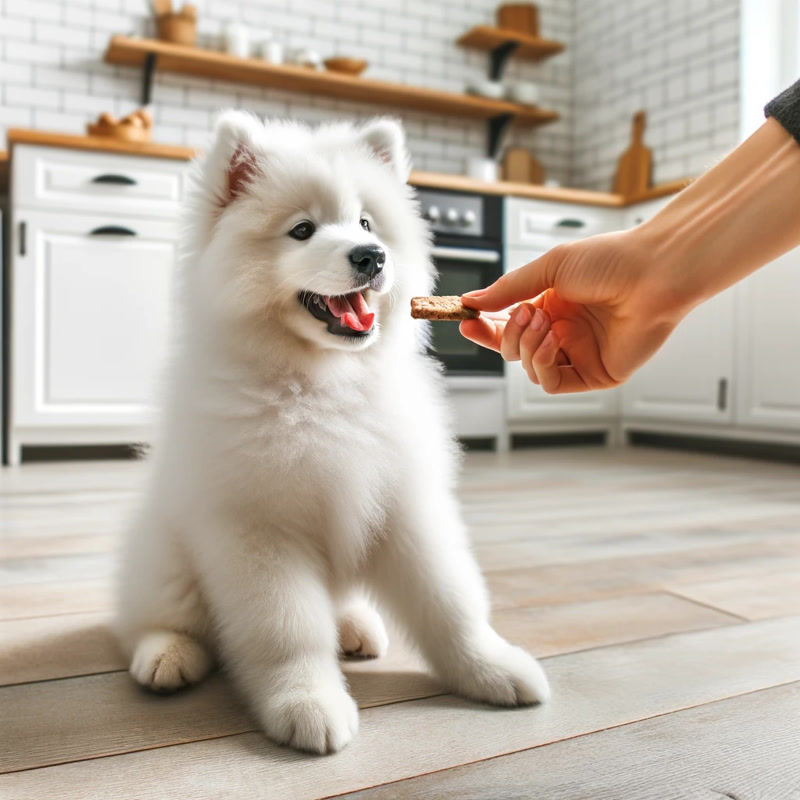
While the benefits of early socialization are immense, it’s also important to consider the health implications for a young puppy not yet fully vaccinated.
Exposure to diseases and infections is a valid concern during this vulnerable period.
Opt for structured and safe environments such as puppy classes or controlled playdates, which reduce exposure to potential health risks while providing valuable socialization opportunities.
Ensuring Positive and Controlled Social Experiences

The quality of socialization experiences is as important as the quantity.
Overwhelming or negative encounters can set back your puppy’s social development.
Instead of unpredictable environments like dog parks, focus on controlled settings where interactions can be managed and kept positive.
Encourage gentle and positive meetings with a variety of people and animals, using treats and toys to associate these interactions with positive outcomes.
Expanding Social Horizons: People, Places, and Puppies
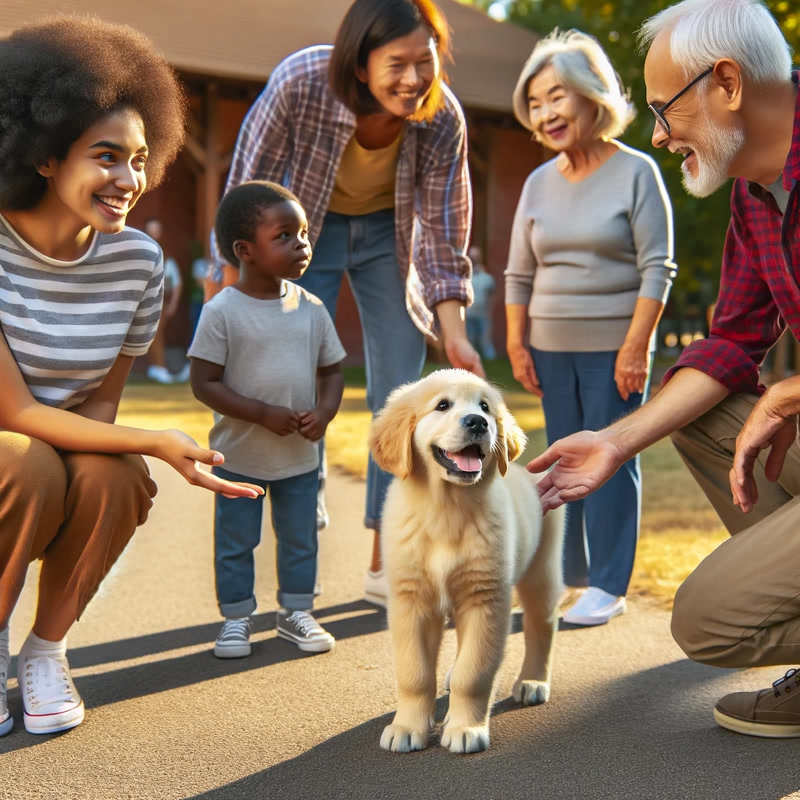
A well-rounded socialization strategy involves exposing your puppy to a wide array of stimuli.
Introduce them to different types of people, animals, and environments.
Regular visits to parks, pet-friendly stores, and neighborhood walks can provide diverse experiences that contribute to a well-adjusted demeanor.
Additionally, facilitating visitor interactions at home can further acclimate your puppy to a social lifestyle, ensuring they are comfortable and confident in various settings.
Conclusion: The Long-term Benefits of Puppy Socialization
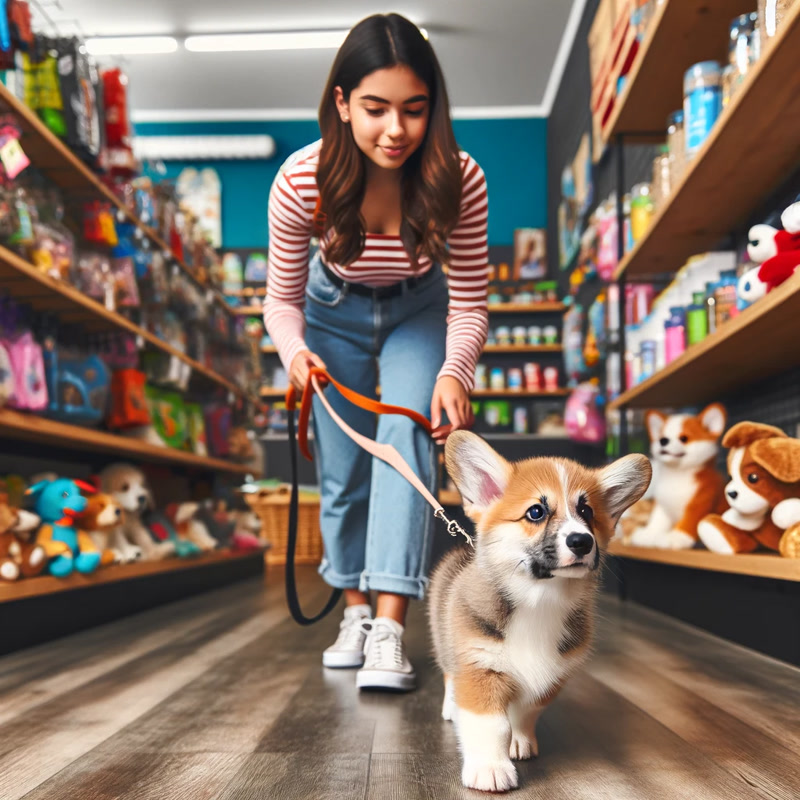
Investing time and effort into your puppy’s socialization can profoundly impact their quality of life.
A well-socialized puppy is more likely to develop into a calm, confident, and sociable adult dog.
This process requires commitment and patience, but the rewards of a well-adjusted companion are immeasurable.
Embrace these strategies to ensure your puppy’s journey into the world is filled with positive experiences and lessons that shape a lifetime of good behavior and companionship.

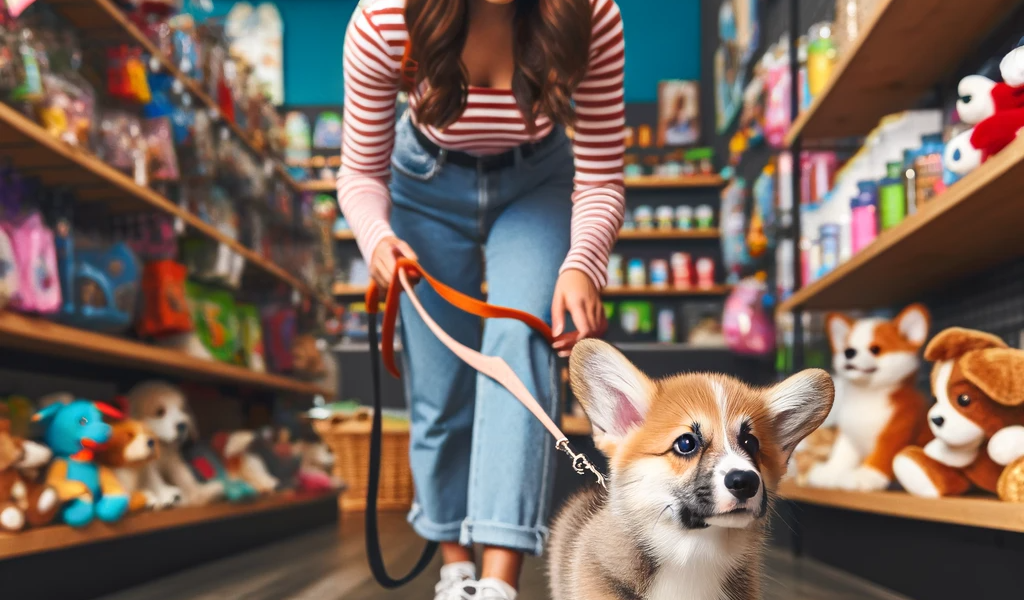

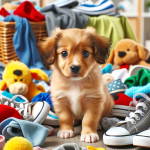


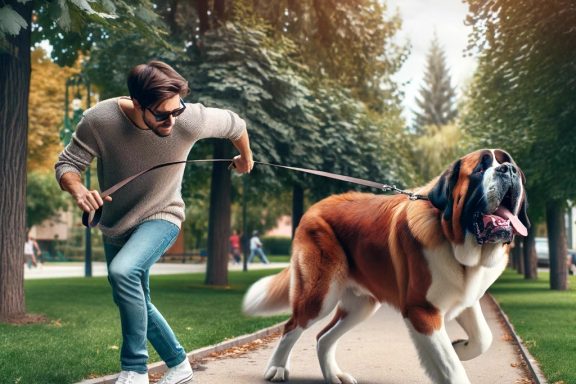
No Comments